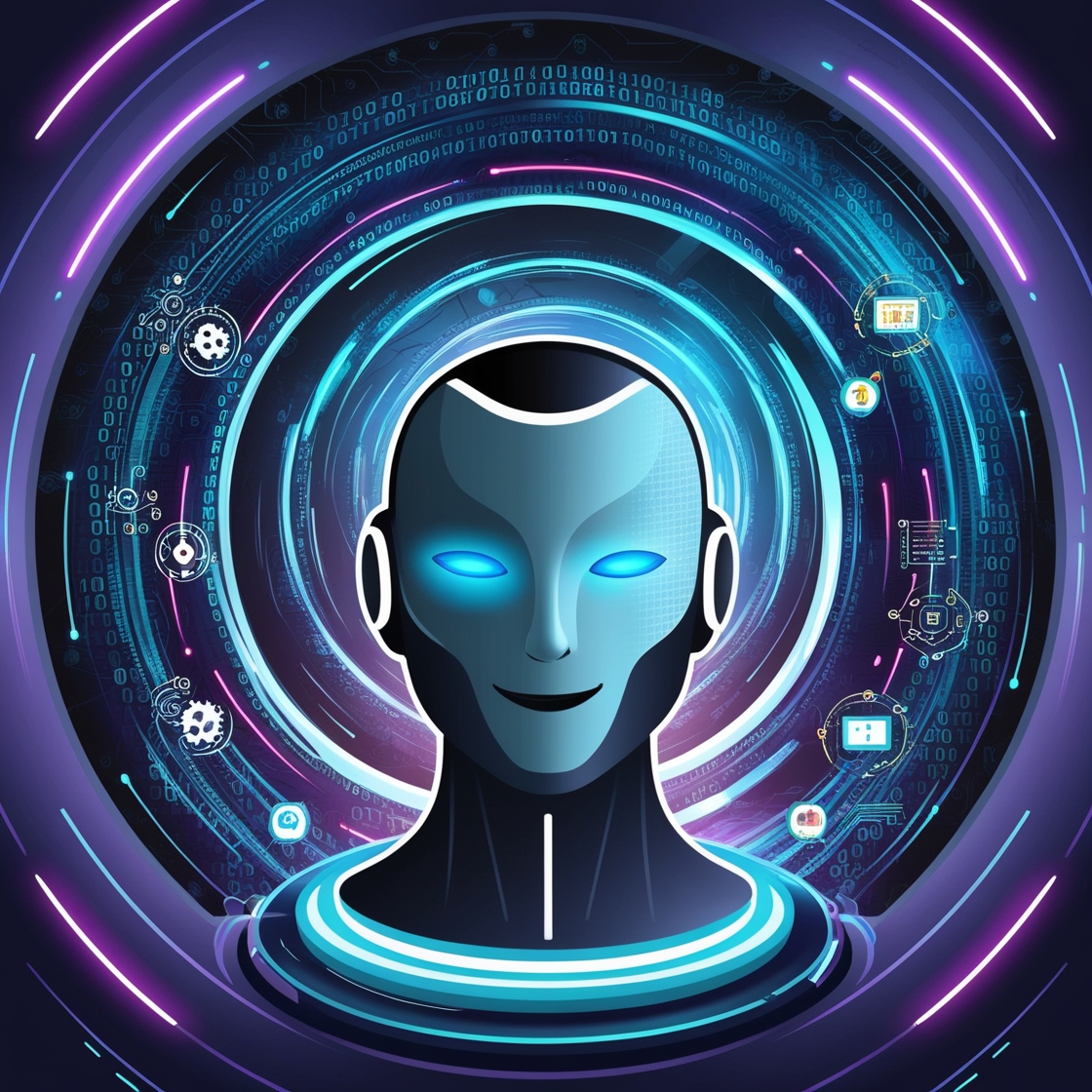Introduction to AI Chatbots
AI chatbots have revolutionized the way we interact with technology. From customer service automation to personal assistants, these smart systems have reshaped communication and productivity across multiple domains.
The Early Days of Chatbots
Rule-based Chatbots
The first chatbots relied on predefined rules and scripts. They could respond to specific keywords but lacked true understanding.
ELIZA and Early Experiments
ELIZA, developed in the 1960s, was one of the first chatbots. It mimicked a psychotherapist but was limited to simple pattern matching.
The Rise of Natural Language Processing (NLP)
NLP as a Game-Changer
Natural Language Processing (NLP) enabled machines to understand and generate human language, making chatbots more dynamic.
Advancements in Data Processing
Improved algorithms and vast datasets allowed NLP models to become more accurate and capable.
ChatGPT: A New Era of Conversational AI
What is ChatGPT?
ChatGPT, developed by OpenAI, is a state-of-the-art conversational AI model designed for natural and engaging dialogues.
How ChatGPT Works
It leverages deep learning models trained on massive datasets to generate human-like text responses.
Key Innovations in ChatGPT
Transformer Architecture
The transformer model is the backbone of ChatGPT, enabling superior language comprehension and generation.
Large Language Models (LLMs)
ChatGPT belongs to the family of Large Language Models (LLMs) capable of processing extensive datasets for better language understanding.
Beyond ChatGPT: The Next Generation of AI Chatbots
Contextual Understanding
Future AI chatbots aim to understand conversation context better, offering more coherent interactions.
Emotional Intelligence
Advancements in emotional AI could allow chatbots to detect and respond to human emotions.
The Role of Reinforcement Learning in Modern Chatbots
Reinforcement learning helps improve chatbot responses by continuously refining models based on user feedback.
Applications of AI Chatbots in Different Industries
Healthcare
AI chatbots assist in symptom checking, health advice, and appointment scheduling.
Education
They offer tutoring, personalized learning paths, and instant query resolution for students.
Customer Support
Many businesses use AI chatbots for handling FAQs, complaint management, and 24/7 support.
E-Commerce
Chatbots help with product recommendations, order tracking, and customer inquiries.
Challenges and Limitations of AI Chatbots
Ethical Considerations
Ensuring responsible use and avoiding misuse of AI technologies remains a challenge.
Data Privacy
Handling sensitive information securely is critical for maintaining user trust.
Bias and Fairness
AI systems can reflect biases present in training data, raising fairness concerns.
The Future of AI Chatbots
Multimodal AI
The next wave of chatbots will combine text, voice, and image inputs for richer interaction.
Personalized AI Assistants
Hyper-personalized assistants tailored to individual preferences and habits.
How AI Chatbots are Transforming Communication
AI chatbots streamline communication, making information retrieval and assistance faster and more efficient.
Impact on Human Interaction and Collaboration
AI chatbots are changing collaboration by enabling faster decision-making and enhanced team productivity.
How to Implement AI Chatbots in Your Business
- Identify key areas for automation.
- Choose a reliable AI platform.
- Train the chatbot on relevant data.
- Continuously monitor and improve.
Conclusion
AI chatbots like ChatGPT have revolutionized the digital landscape, offering smarter, more engaging conversational experiences. As technology advances, we can expect even more transformative developments in this space.
FAQs
1. What is the main purpose of AI chatbots? AI chatbots are designed to automate conversations, assist users, and provide information efficiently.
2. How does ChatGPT differ from earlier chatbots? ChatGPT uses advanced NLP and deep learning, making it more conversational and context-aware than rule-based chatbots.
3. Can AI chatbots replace human support agents? While useful for handling common queries, AI chatbots still need human agents for complex and emotional interactions.
4. What industries benefit most from AI chatbots? Healthcare, education, e-commerce, and customer service are among the top industries benefiting from AI chatbots.
5. Are AI chatbots safe to use? When implemented with proper security measures, AI chatbots can be safe, but data privacy and ethical use should be prioritized.
